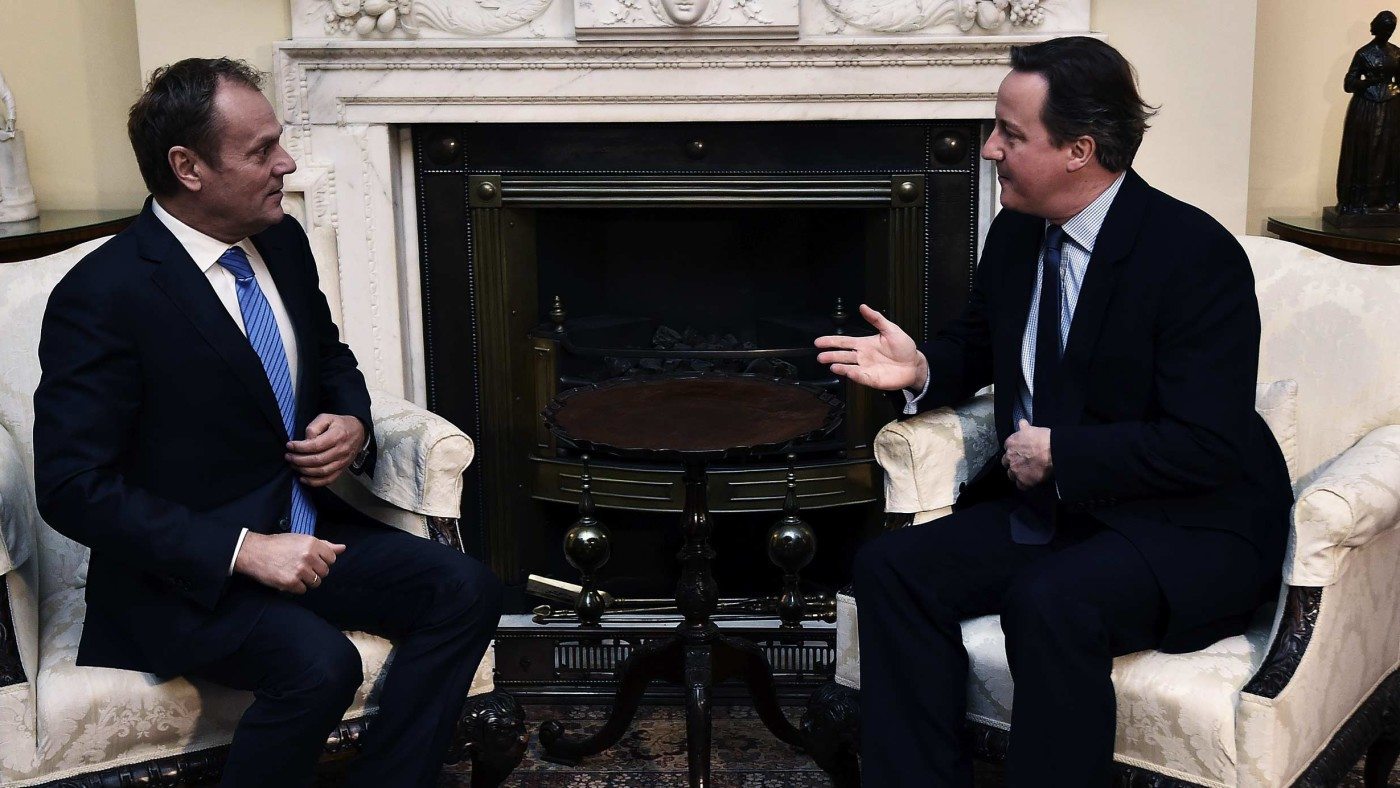The idea of an ‘emergency brake’ that can be applied ‘the day after the referendum’ is false. It is, moreover, clearly, palpably, demonstrably false. Let me explain why.
For a long time, it was understood that social security was one of the few areas of government policy where there was no EU competence. It’s true that, in recent years, the Brussels institutions have sought stealthily to extend their jurisdiction into the field, generally using the tendentious argument that free movement of labour (which really is in the treaties) implies free access to welfare (which isn’t). Some EU lawyers and officials argue that reciprocal benefits claims are implicitly part of the EU’s acquis communautaire: the name given in Brussels to the EU’s accumulated mass of jurisdiction.
Now either these Eurocrats are right or they are wrong. Either the treaties guarantee EU nationals the right to claim welfare in each other’s countries or they don’t. If they do, then no political agreement on an ‘emergency brake’ is possible. Only a treaty change will do, and no treaty change is being proposed. Any deal to apply such a brake ‘the day after the referendum’ (assuming we voted to remain) would be struck down as soon as an EU national from another country tried to claim benefits here. It wouldn’t even need to be struck down by the European Court of Justice; our own judges would disapply the measure, obedient to the 1972 European Communities Act, which gives EU law precedence over British law.
Alternatively, welfare is not part of the acquis communautaire. (At least, not yet. Belgium’s Commissioner, Marianne Thyssen, is very keen to create common rules on welfare, what she calls a ‘social union’; but Euro-integrationists have put that plan in the fridge, next to several other controversial measures, until after the UK referendum.) If social security is not an EU prerogative, then there is no need for any agreement at all. Britain could simply start treating EU nationals like other foreign nationals with regard to benefits payments. We could do it tomorrow. We could have done it last year.
Either way, the ‘row’ between David Cameron and Donald Tusk, which journalists are reporting so breathlessly, is non-existent. There is nothing to have a row about. Either Westminster is still in charge of welfare policy, in which case the PM doesn’t need anyone’s permission to change the rules; or Brussels is, in which case any alteration requires a treaty change which, as all sides now accept, won’t happen for many years.
I realise that reporters have to write something. I’m sure someone somewhere will have been interested to read that the Downing Street menu involved apple and pear crumble. But, please, guys: the whole thing is such an utter, obvious, confection. You can be pro-EU or anti-EU. There are sincere arguments both ways. But let’s not pretend that anything is changing.
The only thing that the ‘renegotiation’ charade has proved, paradoxically, is that the EU is unwilling to make substantive reforms at the request of its second largest member state. Then again, if you were a Eurocrat, if you knew that David Cameron would campaign to remain in in all circumstances, if you were aware that (as he reportedly told Jean-Claude Juncker) he planned to use the referendum to ‘dock’ Britain in the EU, and if you understood he needed a deal in less than three weeks, why would you make any concessions? You would surely save your concessions for the eventuality of a ‘Leave’ vote. That’s when the real bargaining will begin.


